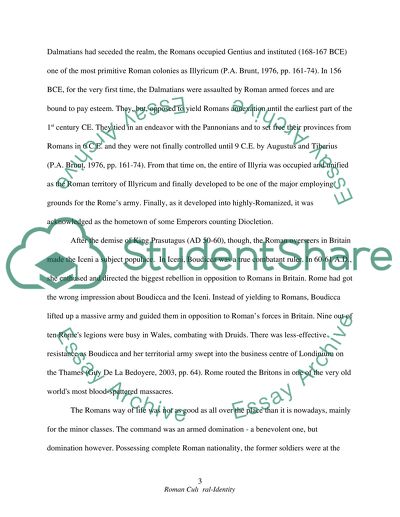Cite this document
(“Roman State Essay Example | Topics and Well Written Essays - 2500 words”, n.d.)
Roman State Essay Example | Topics and Well Written Essays - 2500 words. Retrieved from https://studentshare.org/history/1499578-roman-state
Roman State Essay Example | Topics and Well Written Essays - 2500 words. Retrieved from https://studentshare.org/history/1499578-roman-state
(Roman State Essay Example | Topics and Well Written Essays - 2500 Words)
Roman State Essay Example | Topics and Well Written Essays - 2500 Words. https://studentshare.org/history/1499578-roman-state.
Roman State Essay Example | Topics and Well Written Essays - 2500 Words. https://studentshare.org/history/1499578-roman-state.
“Roman State Essay Example | Topics and Well Written Essays - 2500 Words”, n.d. https://studentshare.org/history/1499578-roman-state.


